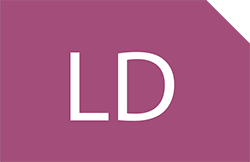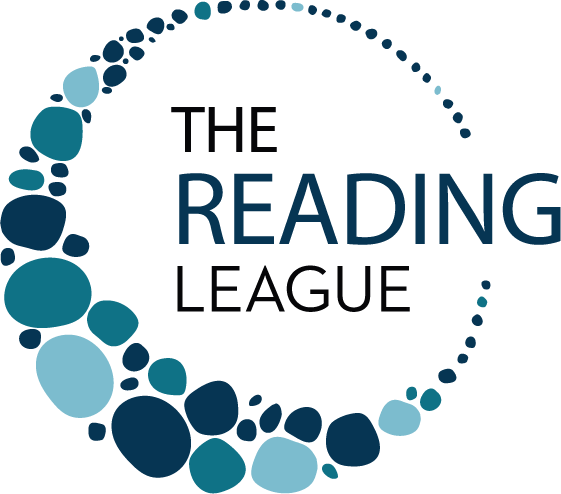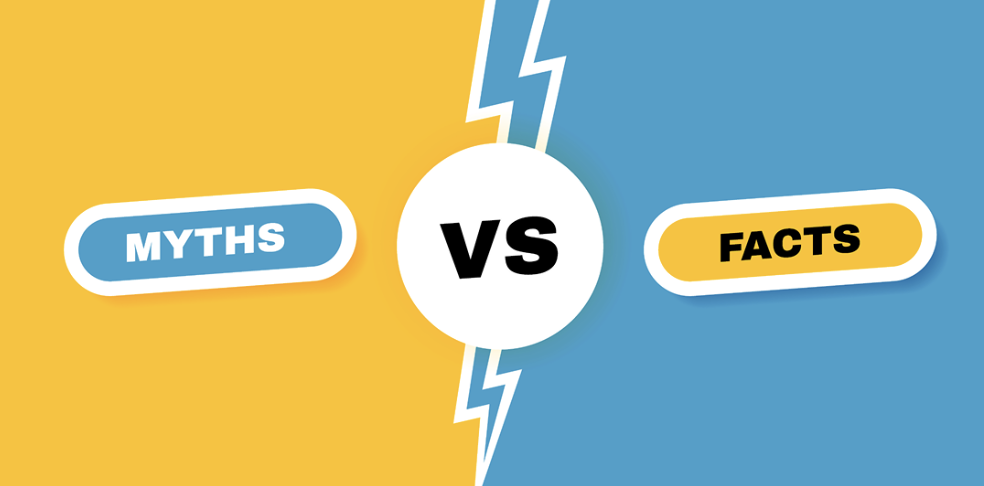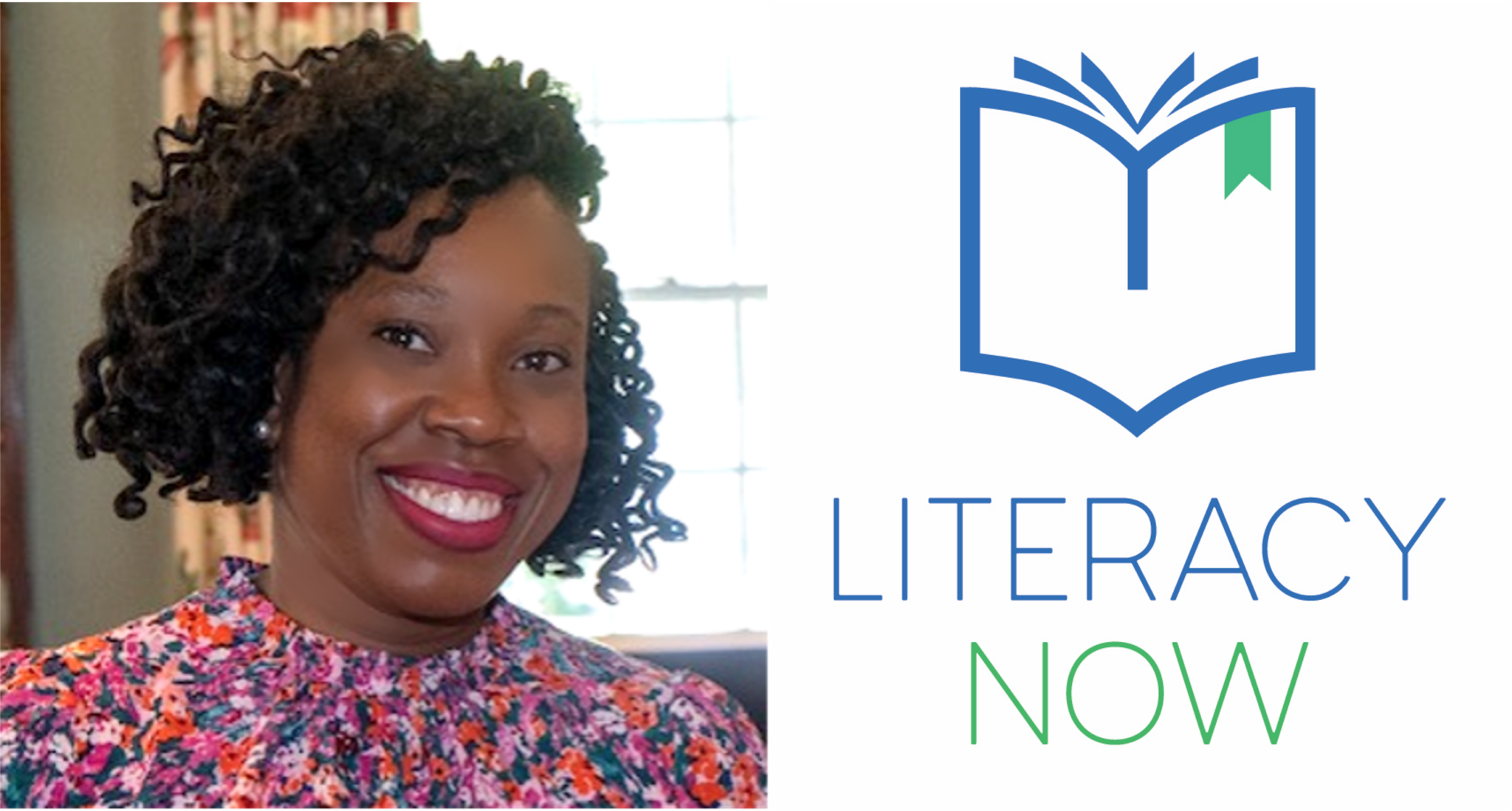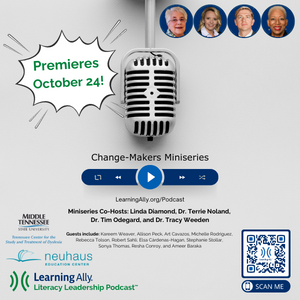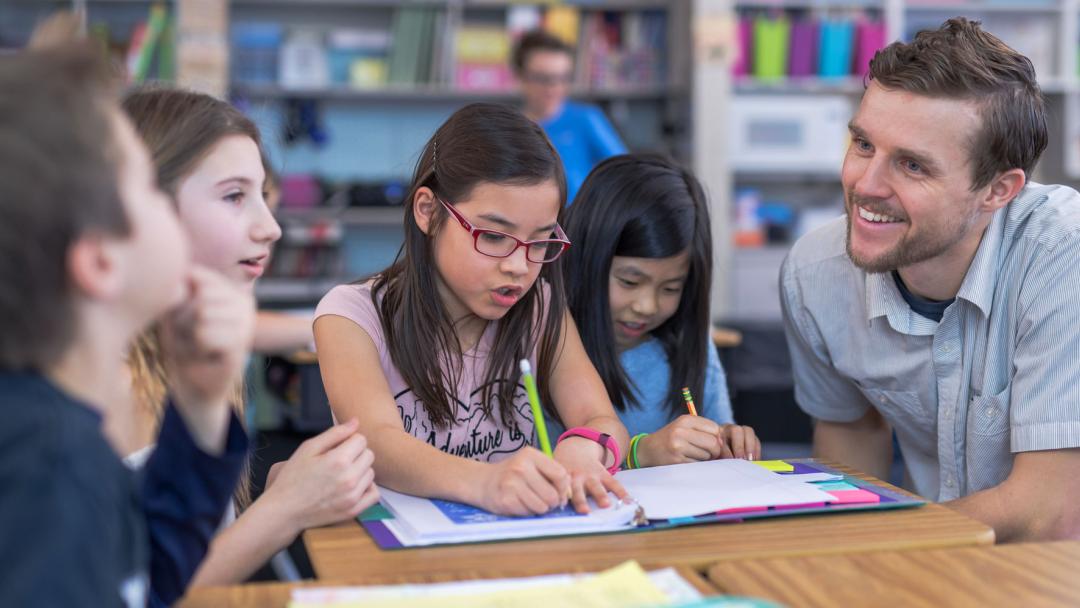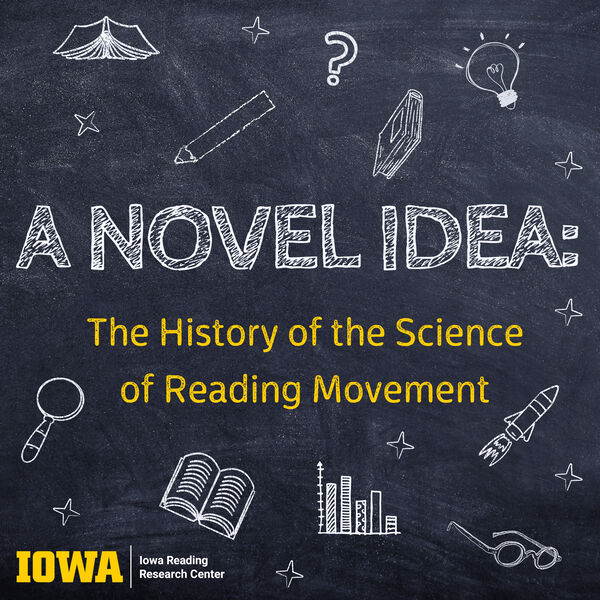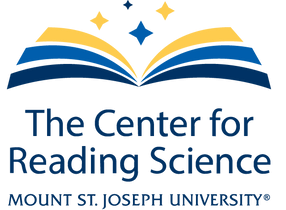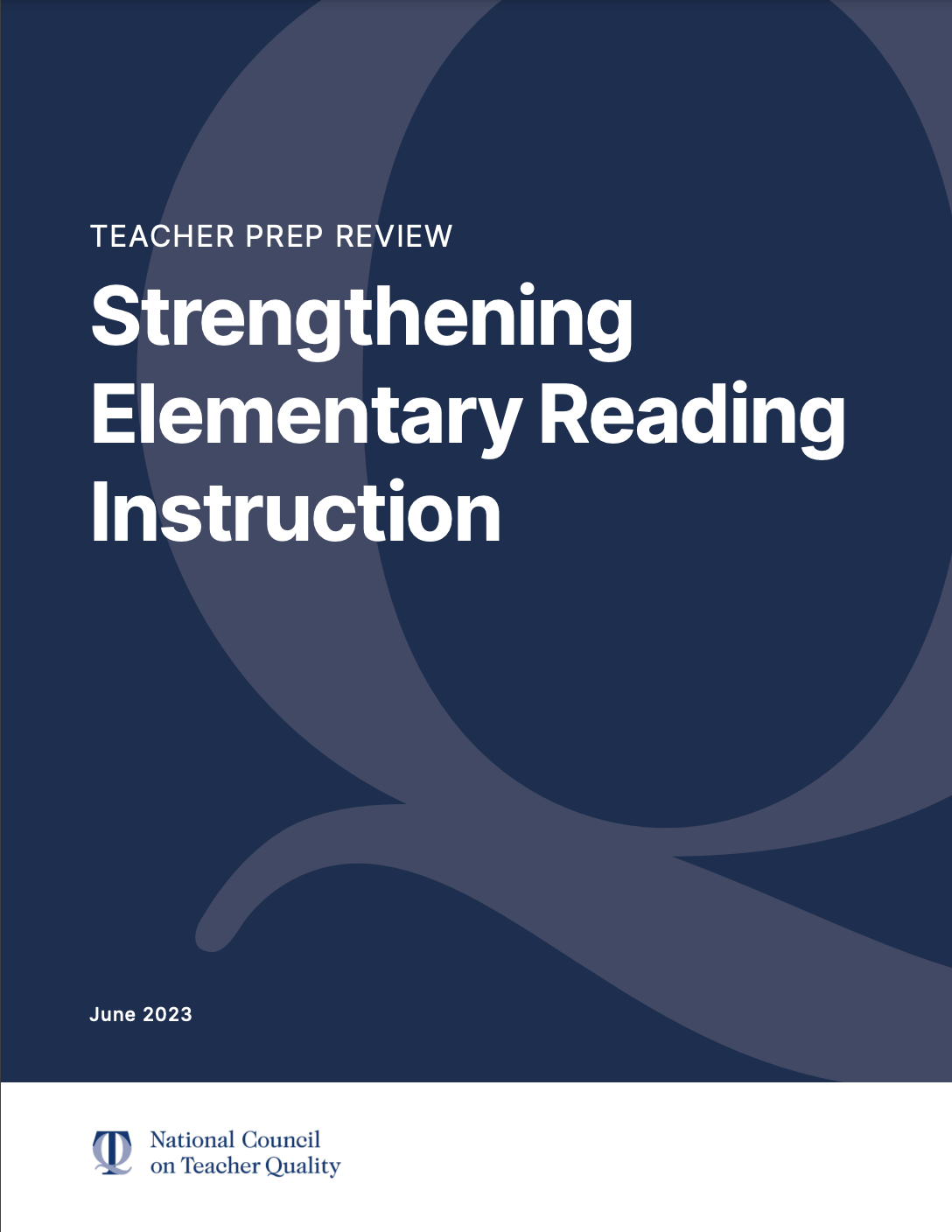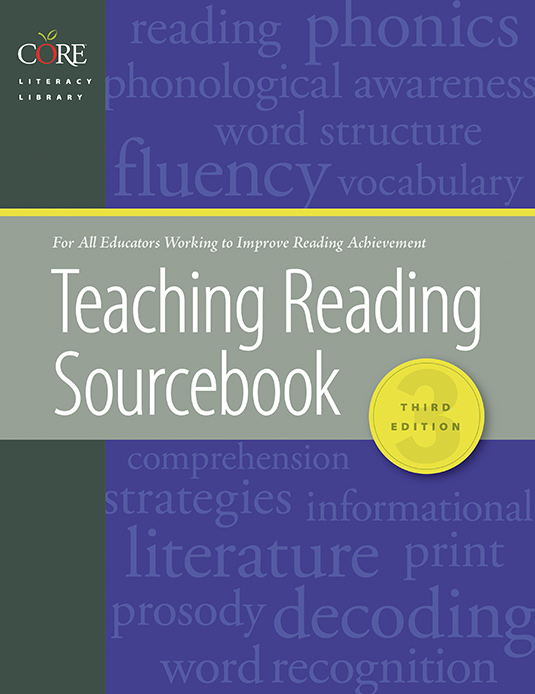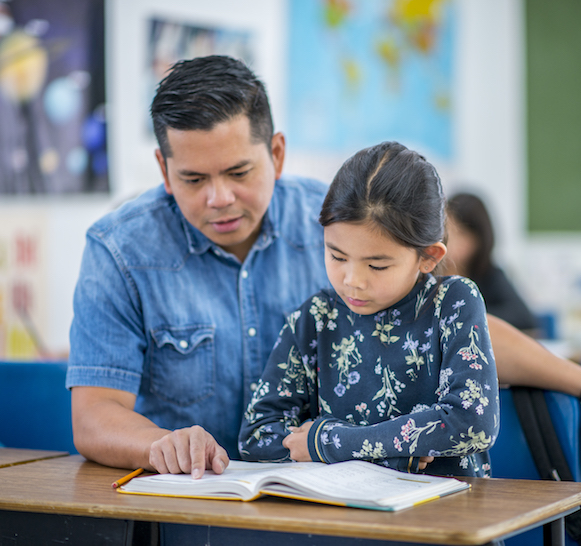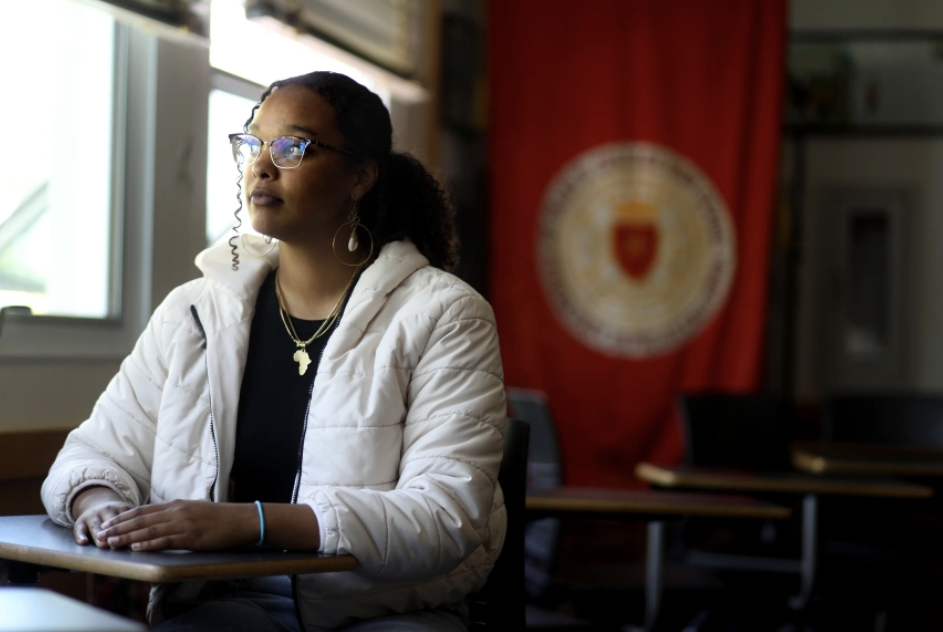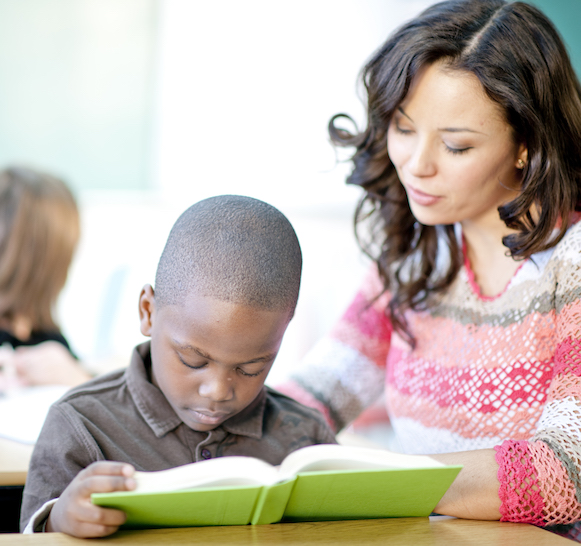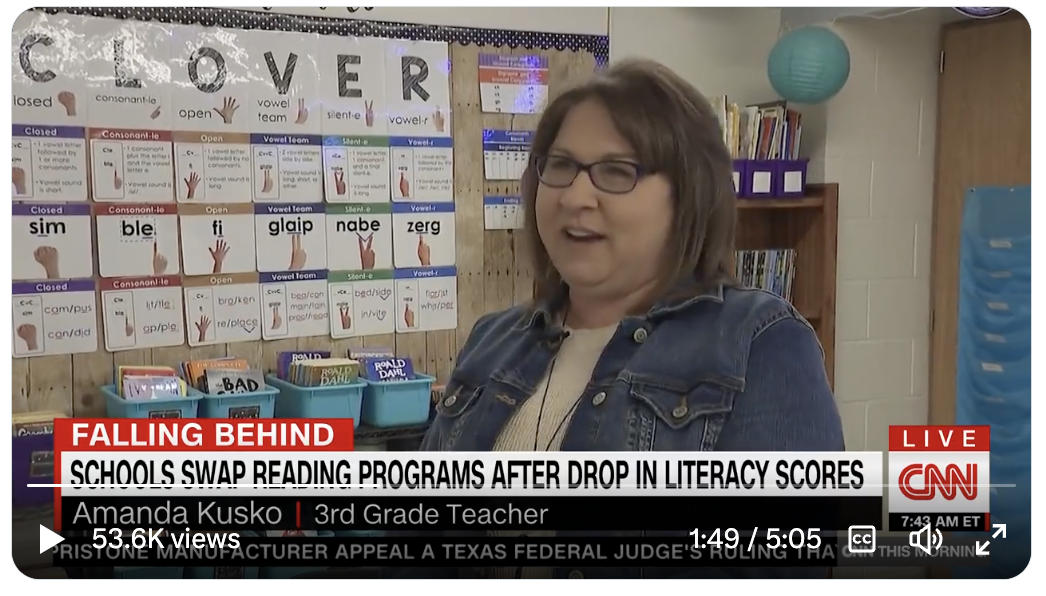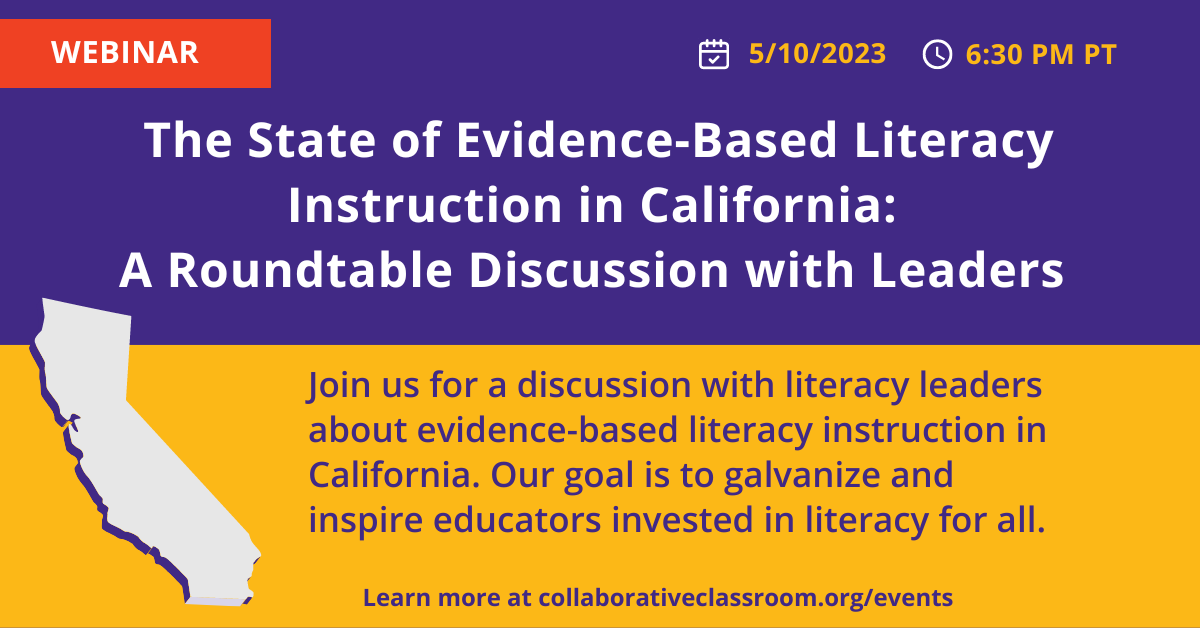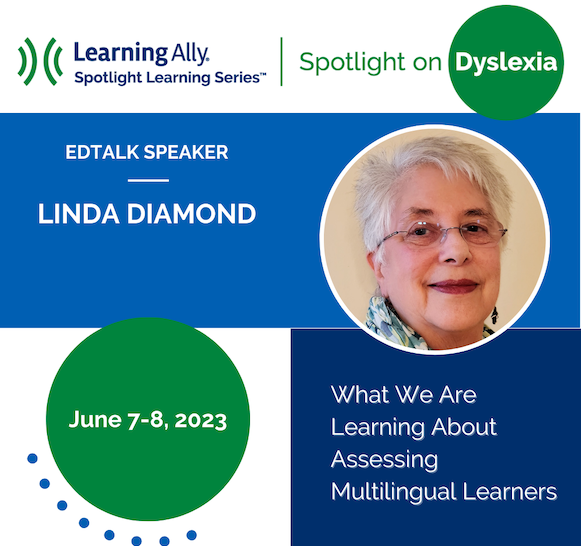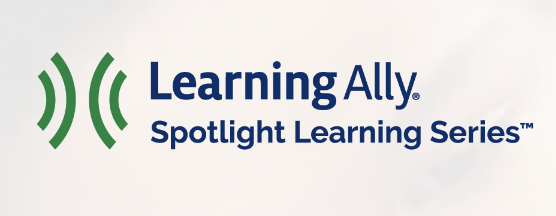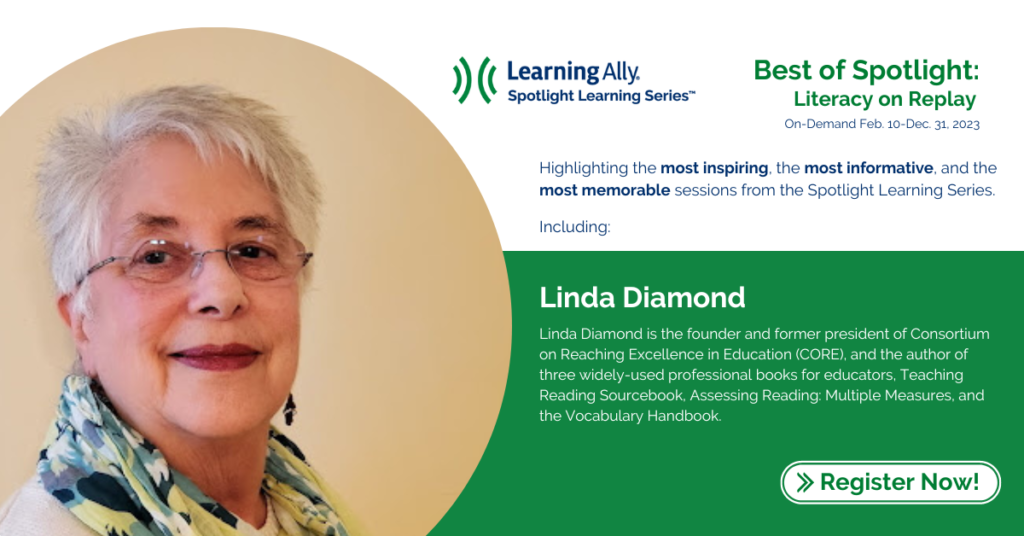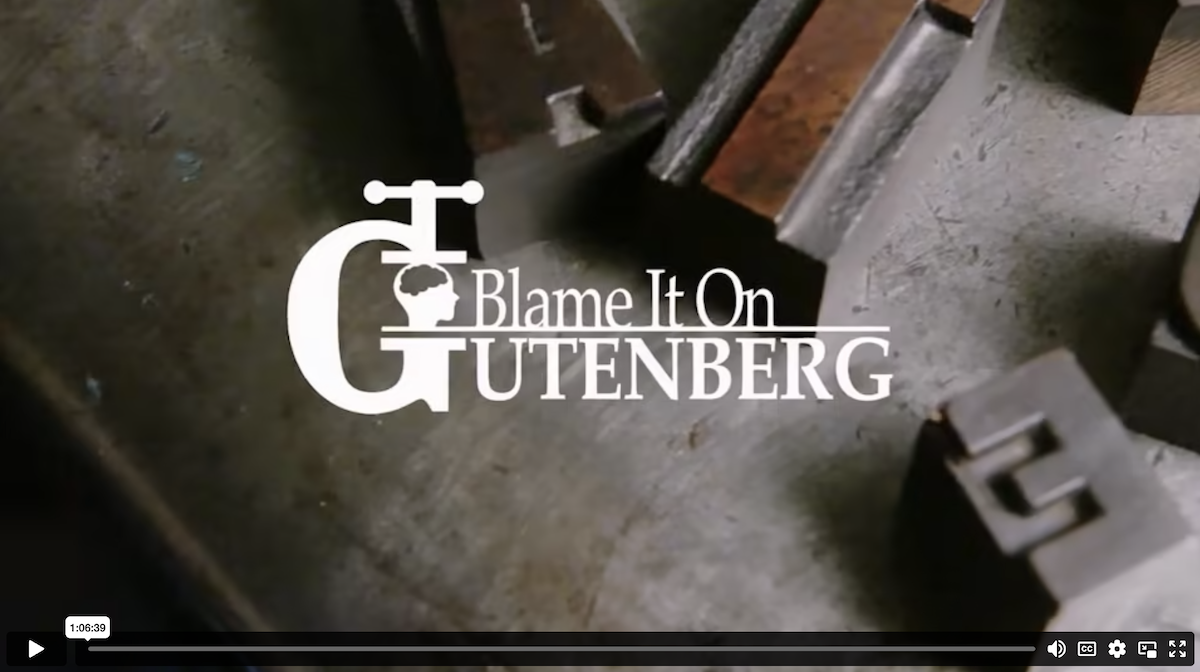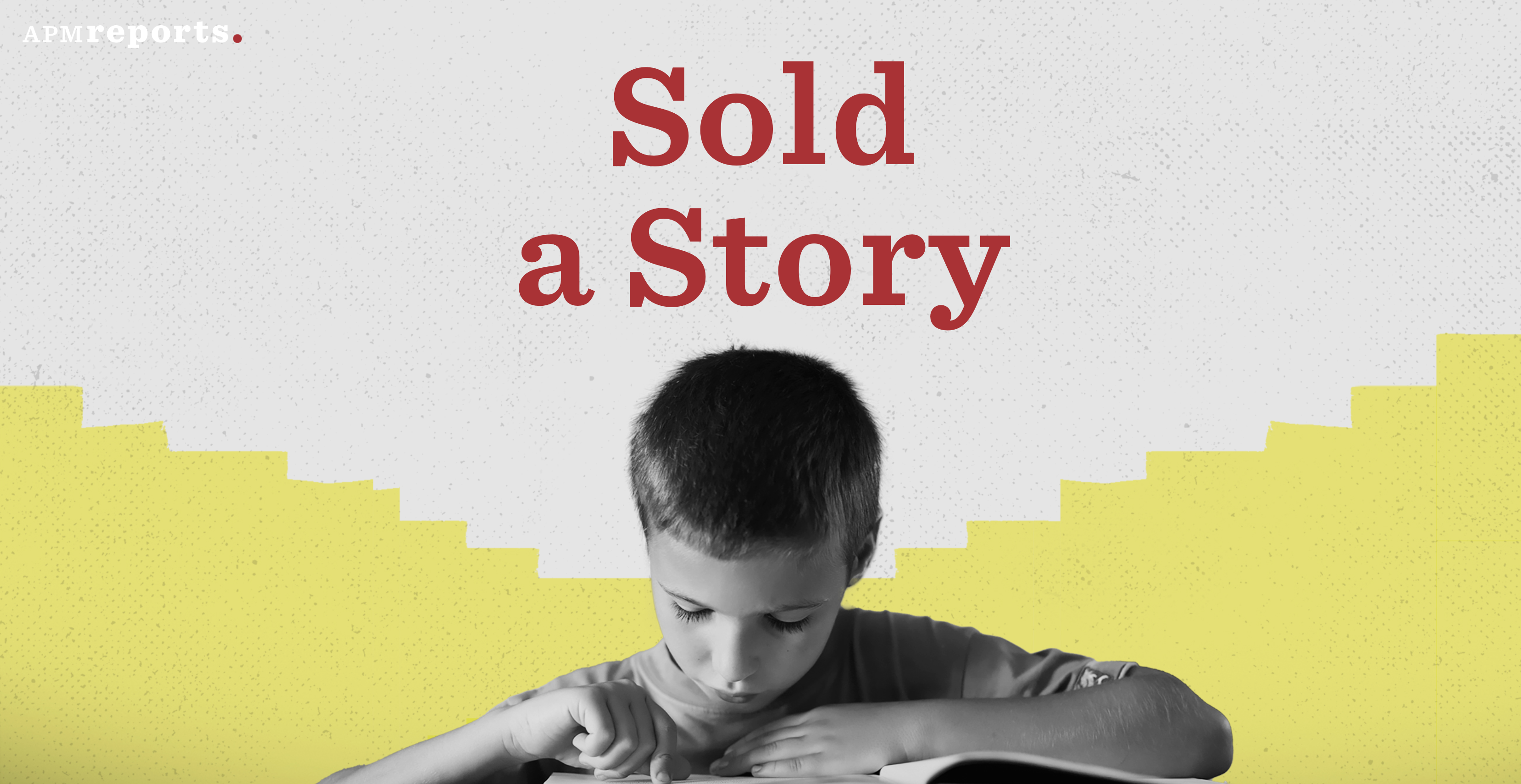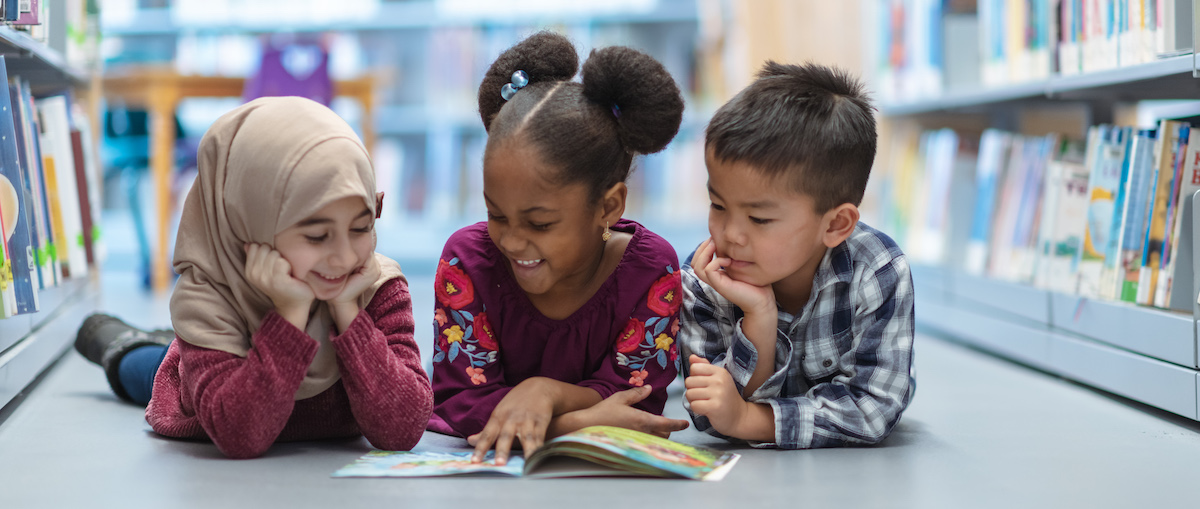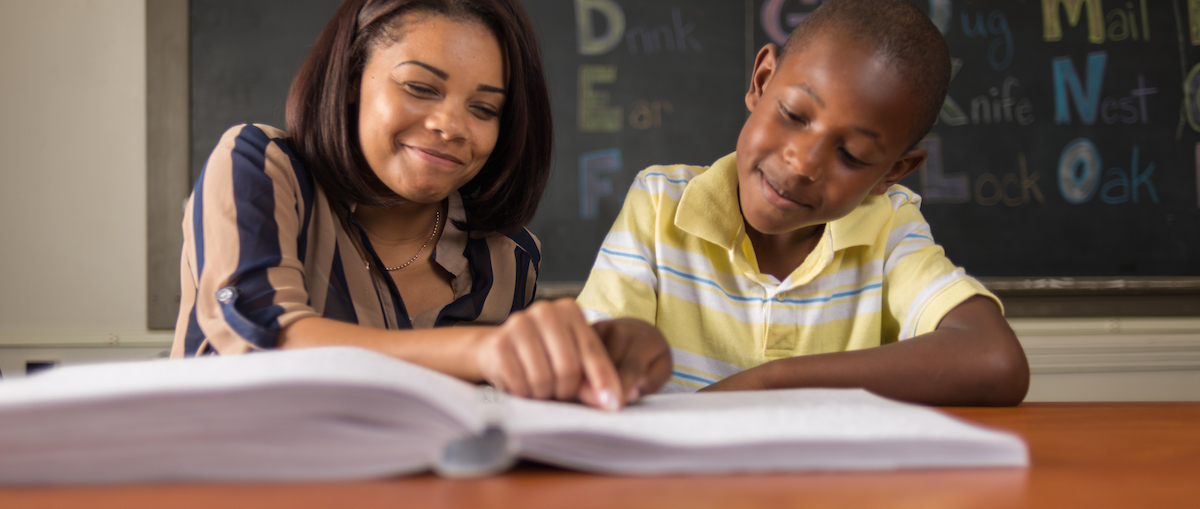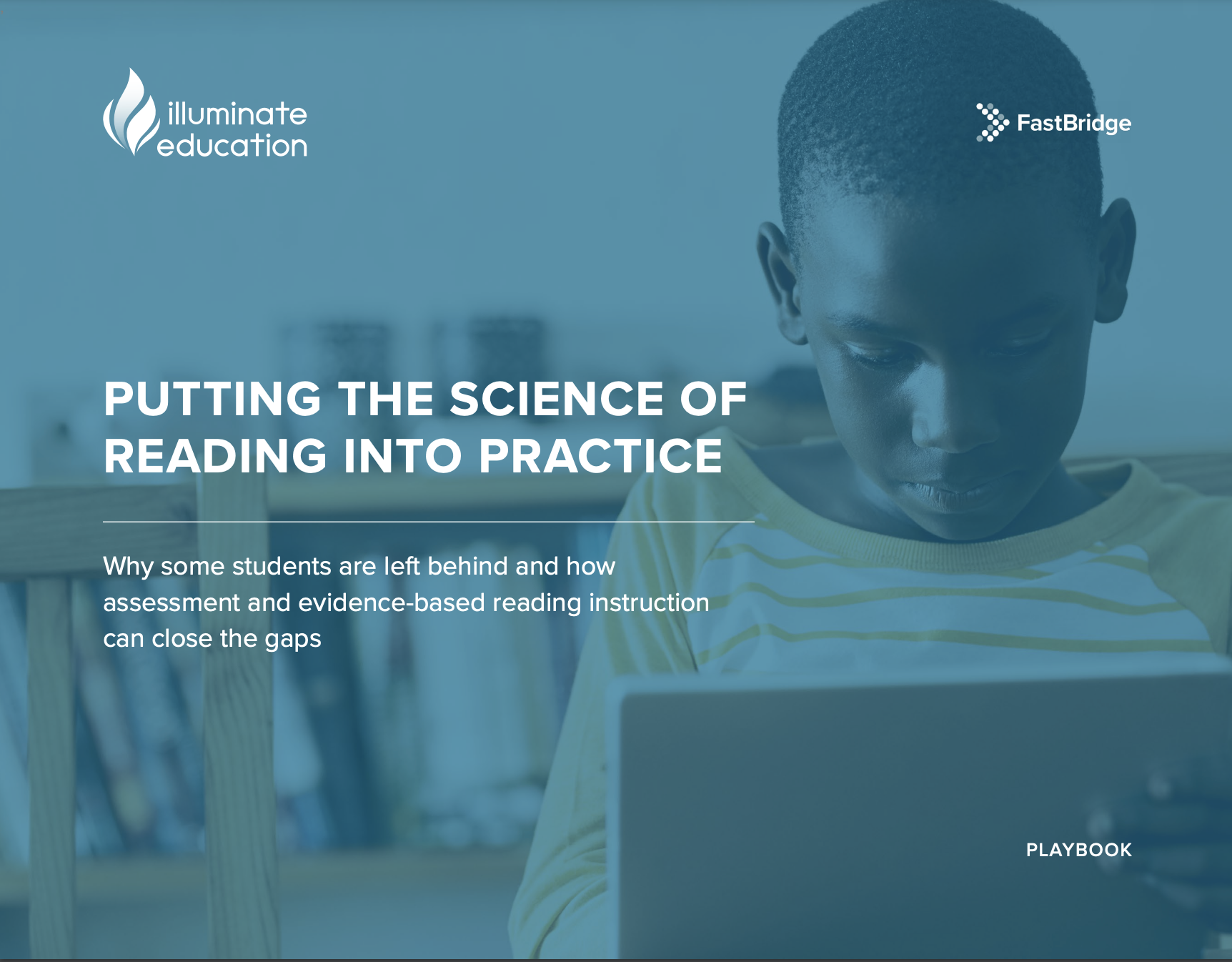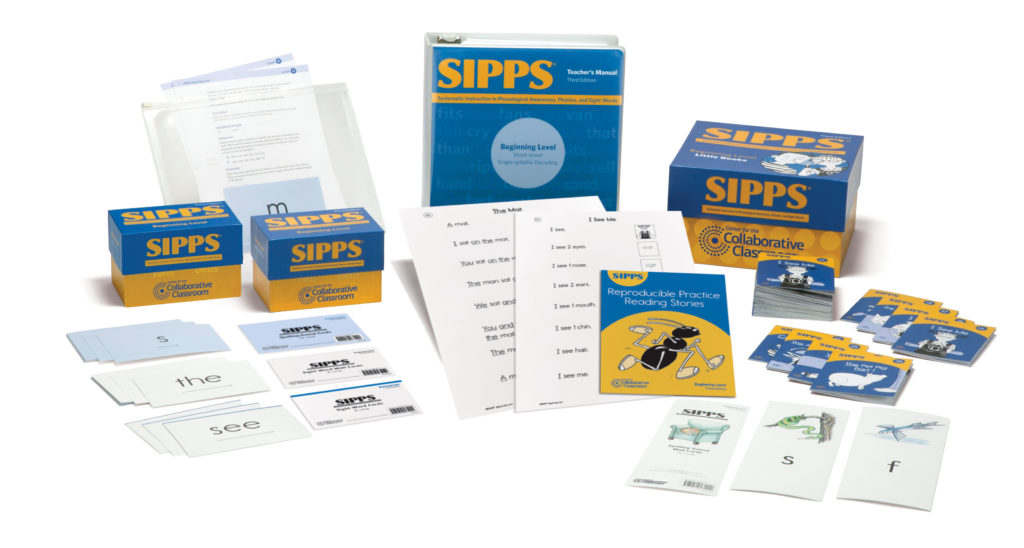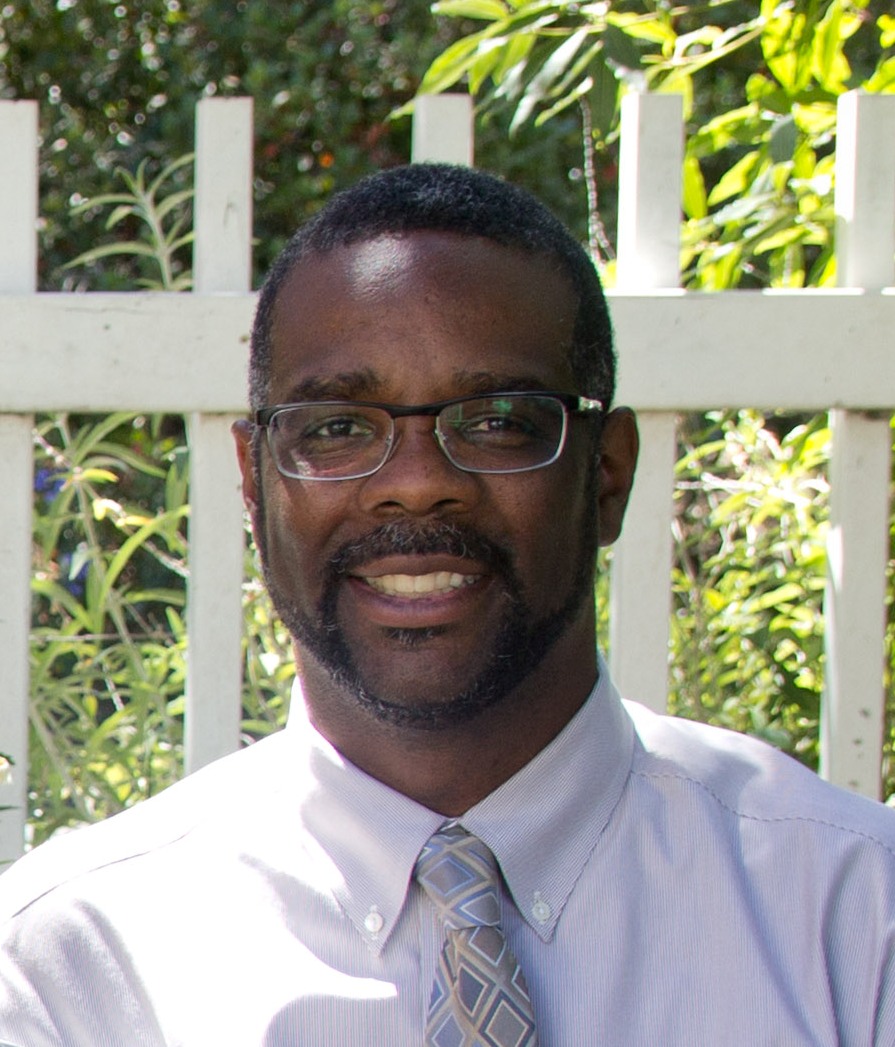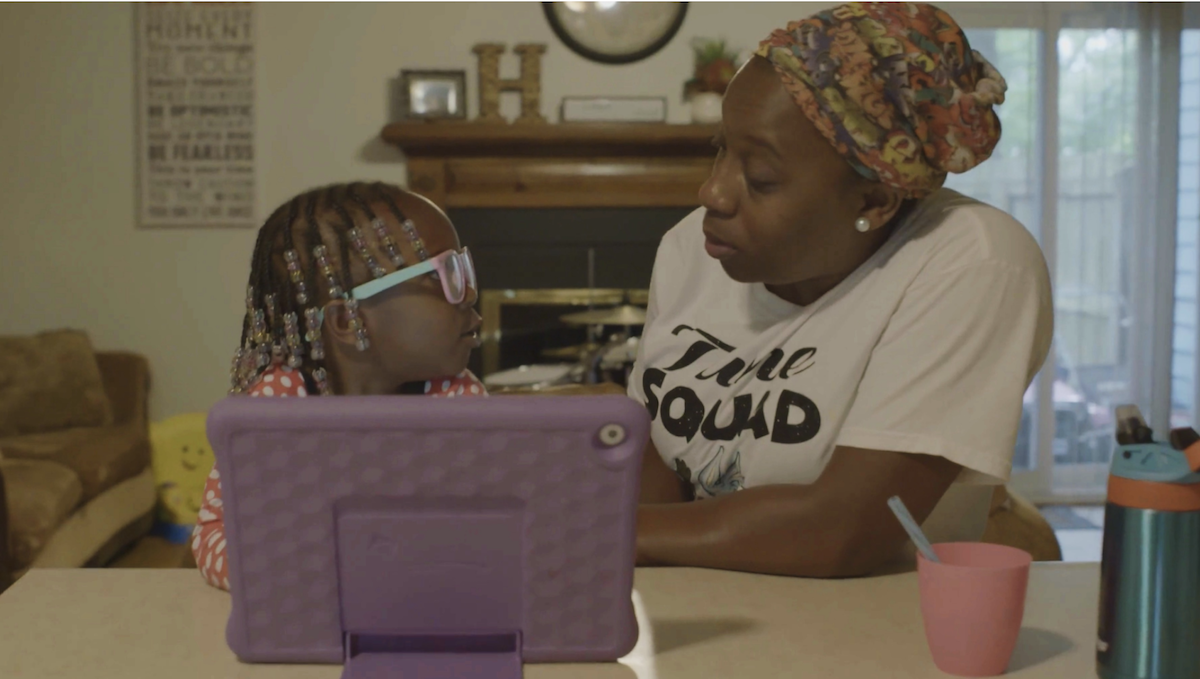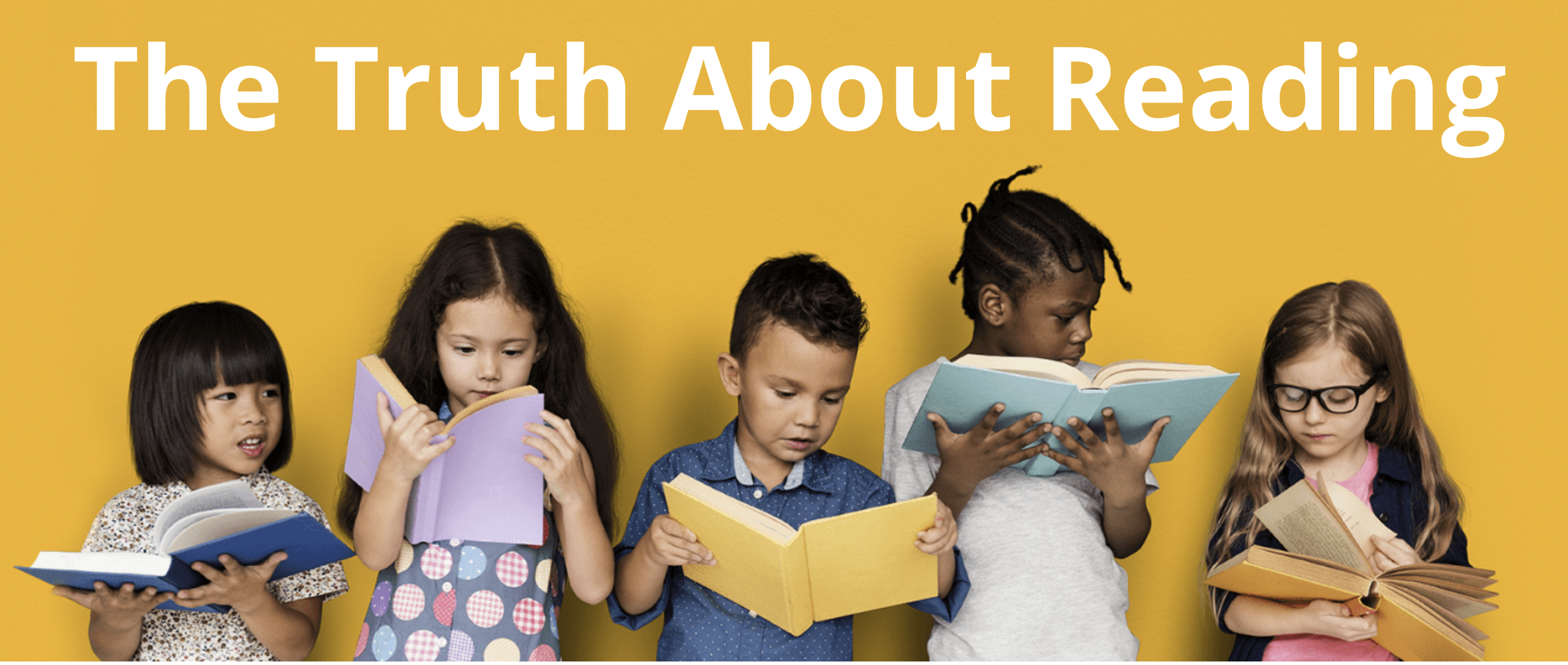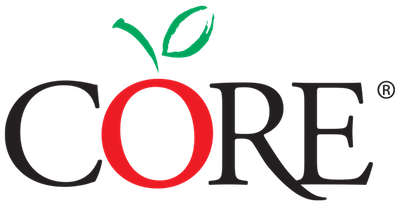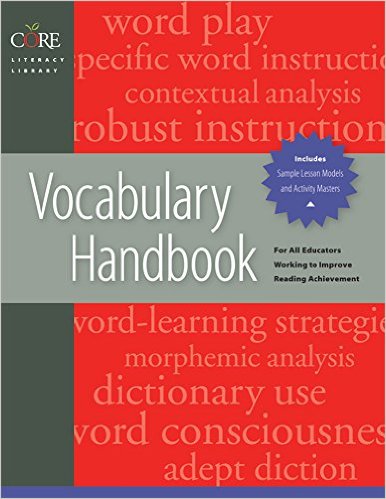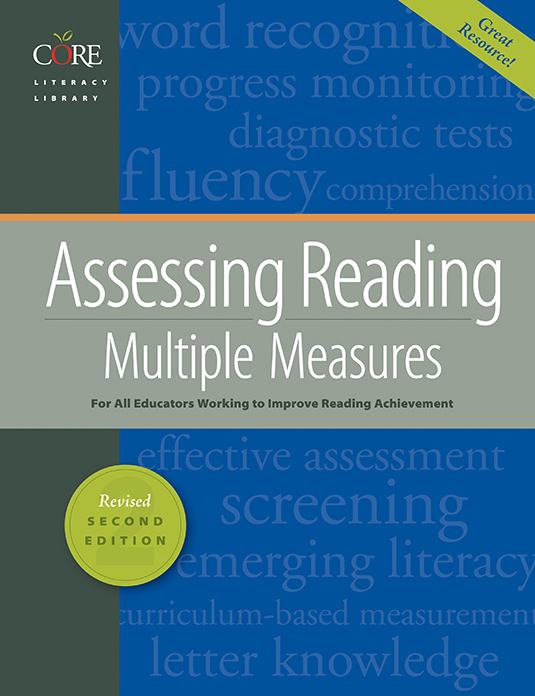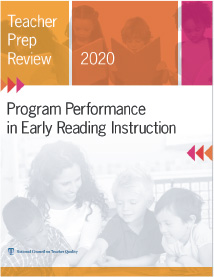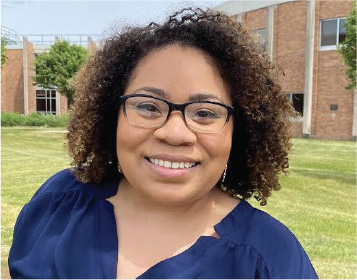SYRACUSE, N.Y., May 13, 2024 /PRNewswire/ — The Reading League (TRL), a nonprofit organization leading the advancement of evidence-aligned reading instruction, has responded to a recent webinar hosted by the California Association for Bilingual Education (CABE).
The webinar, titled "Debunking SoR Neuroscience Claims," targeted and spread false information to educators and education professionals, discrediting evidence derived from the science of reading.
In CABE's April 24 webinar, their speaker, Dr. Steven Strauss, made several misleading claims in an attempt to undermine research by neuroscientists, including world-renowned neuroscientist Stanislas Dehaene.
Dr. Dehaene wrote the following response to the CABE webinar:
"What [the speaker] says is so utterly false that it betrays a dramatic lack of knowledge of the scientific literature…for more than 20 years, we and many other researchers have routinely used sentences and texts as stimuli during functional MRI, both written and spoken…shown how written and spoken texts activate extremely similar brain circuits for meaning and used fMRI to dissect the brain circuits for reading at various levels, from single word processing to syntactic and semantic integration."
The Reading League supports Dr. Dehaene's response, which reflects decades of research on how monolingual and multilingual children learn to read.
READ THE FULL PRESS RELEASE
